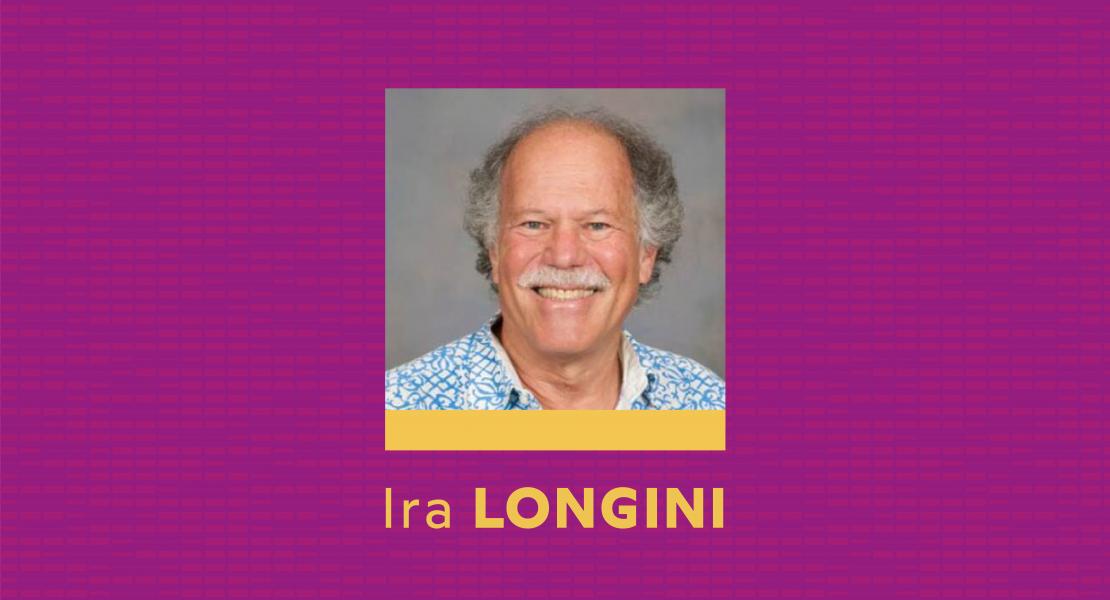Per il ciclo "Aspettando Biennale", appuntamento lunedì 27 giugno alle ore 17:00 presso la Sala Emma Strada del Politecnico di Torino
The rate of novel virus spillover into human populations is increasing. Some of the worst spillovers have resulted in the pandemics of HIV/AIDS, Ebola, pandemic influenza, Zika, COVID-19 and monkeypox. Once these viruses become established in human populations, they are very hard to eliminate and nearly impossible to eradicate. The only intentional eradication of any human virus was for smallpox in 1980; through a dedicated campaign of ring vaccination.
In this talk, Prof. Ira Longini will describe the R&D Blueprint as a global strategy and preparedness plan that allows the rapid activation of research and development activities during epidemics. The aim is to fast-track available effective tests, vaccines and medicines that can be used to save lives and avert large scale crises.
As part of the Blueprint, the seminar will talk about the analytical and statistical tools being used to design, carry out and interpret international, randomized clinical platform trials to rapidly evaluate the efficacy and safety of promising new candidate vaccines for these emerging infectious disease threats. We will address the challenges of Ebola, COVID-19 and monkeypox.
 |
The lecturer IRA LONGINI Prof. Ira Longini received his Ph.D. in Biometry and Biomathematics at the University of Minnesota in 1977. He began his career with the International Center for Medical Research and Training and the Universidad del Valle in Cali, Colom- bia, where he worked on tropical infectious disease problems and taught courses in biomathematics. Following that he was a professor of biostatistics at the University of Michigan, Emory University, and the University ofWashington. In 2014 he became a professor of biostatistics at the University of Florida and Co-Director of the Center for Statistical and Quantitative Infectious Diseases (CSQUID), the Emerging Pathogens Institute, at the University of Florida. He is also a consultant to the World Health Organization in Geneva. Prof. Longini has won a number of awards for excel- lence in research, including the Howard M. Temin Award in Epidemiology for “Scientific Excellence in the Fight against HIV/AIDS”, two CDC Statistical Science Awards for both “Best Theoretical and Applied Papers”, and the CDC James H. Nakano Citation “for an outstanding scientific publications”. |

